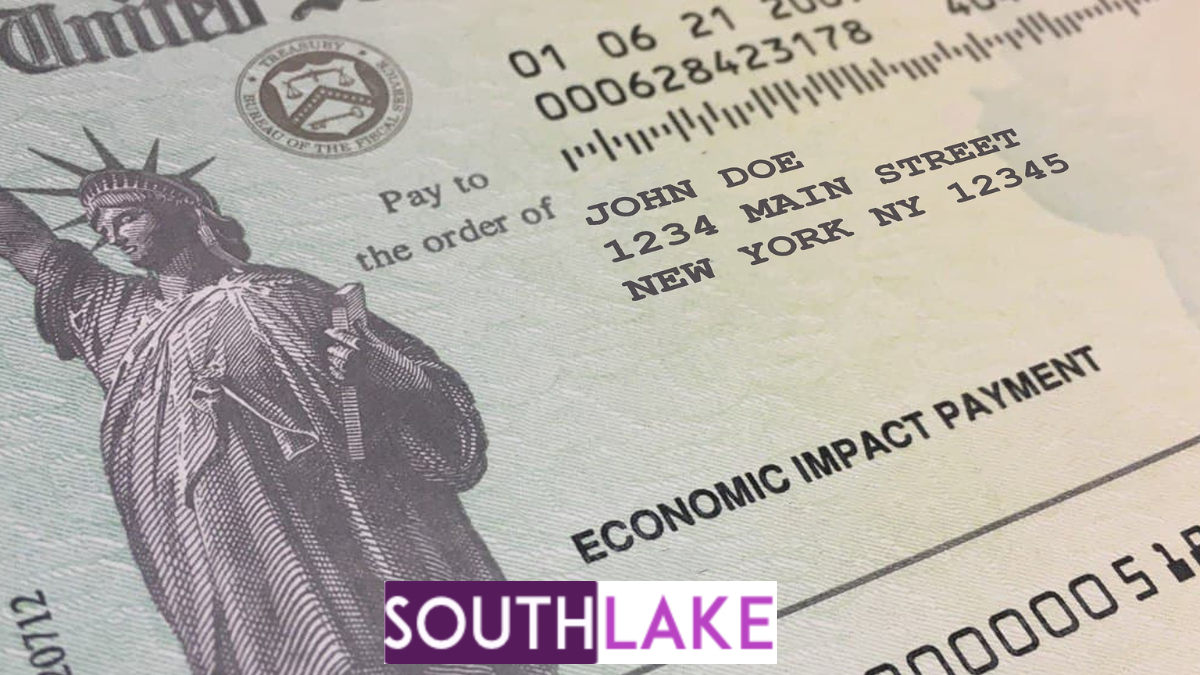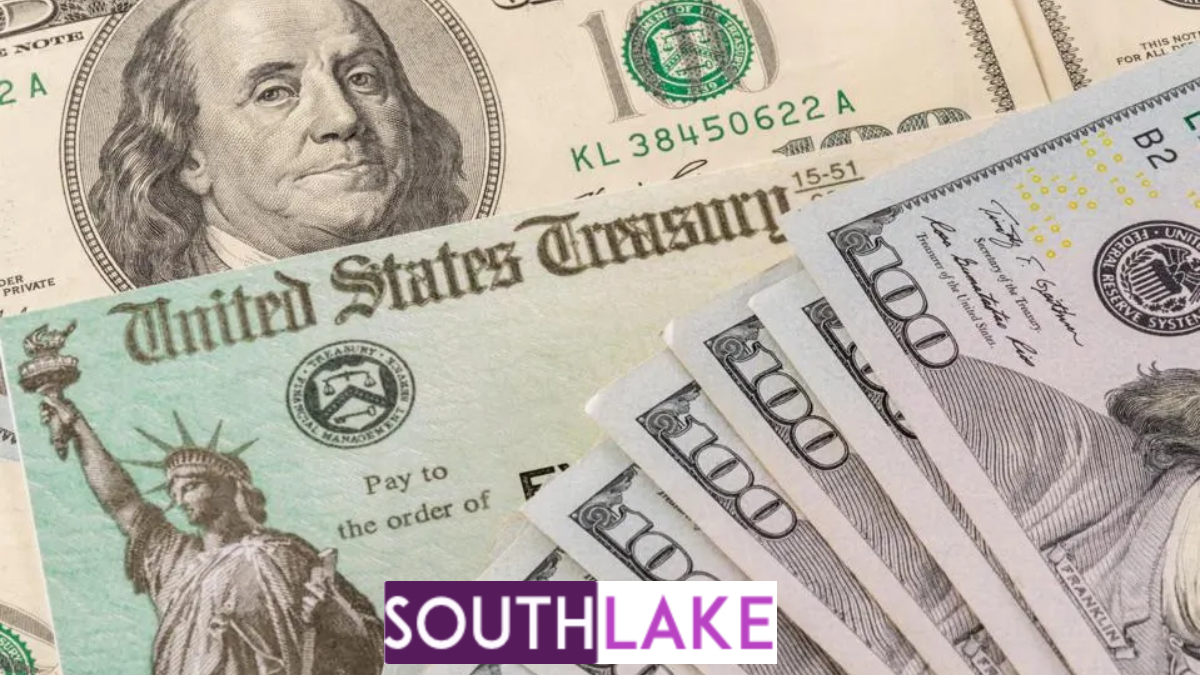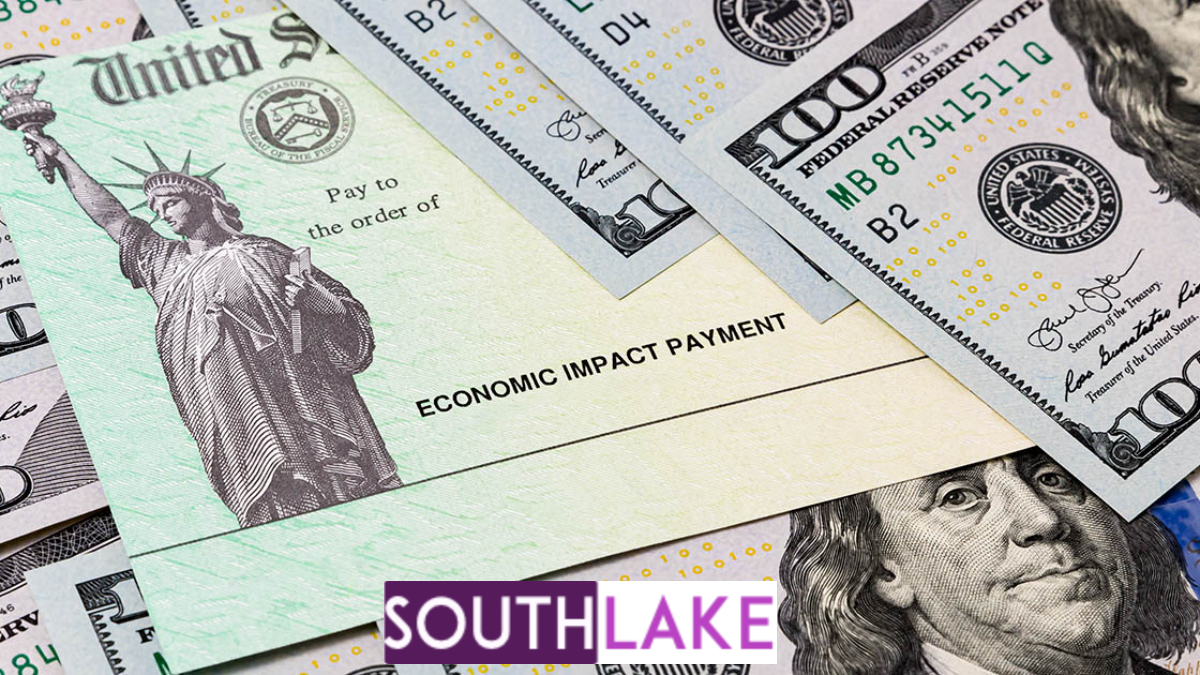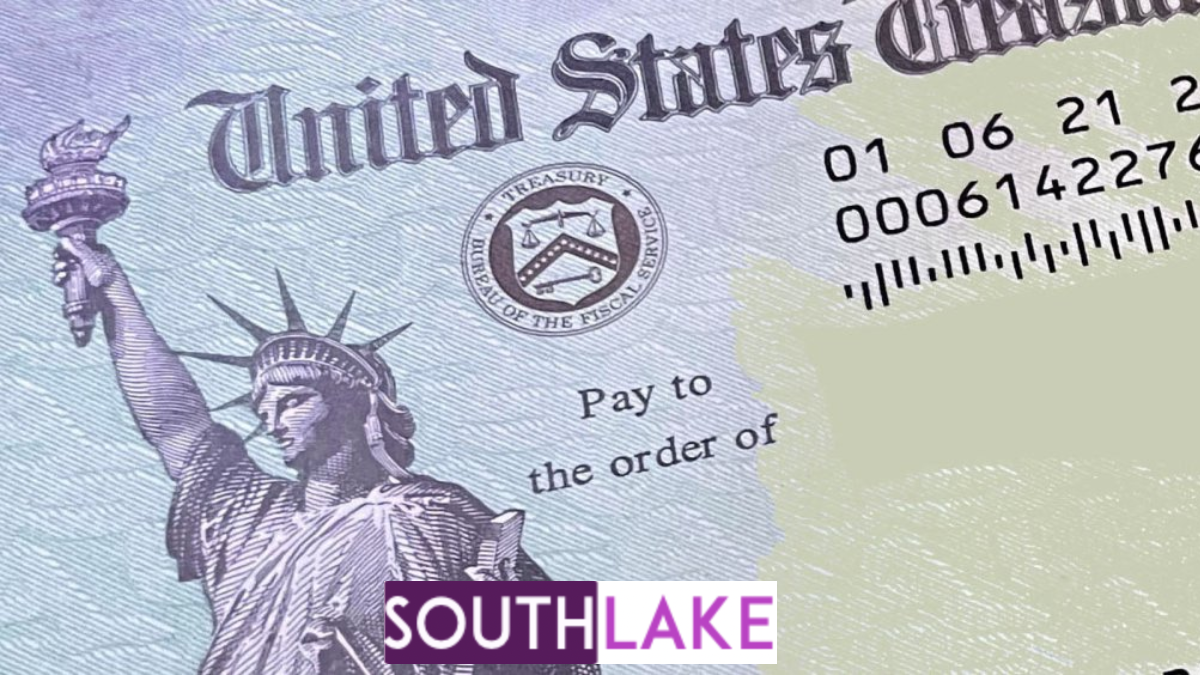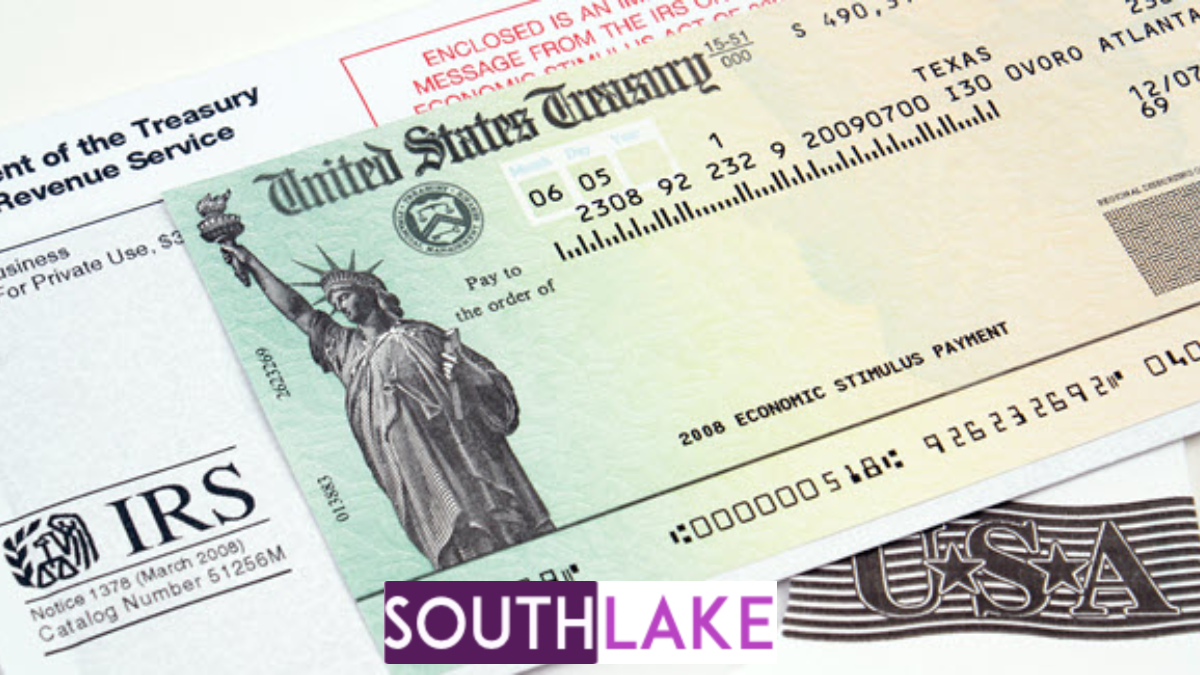Thousands of Mainers could soon benefit from a new wave of $2,300 emergency payments, designed to assist households impacted by rising costs and economic uncertainty. If you live in Maine and meet certain qualifications, you could be eligible for this much-needed financial boost. Here’s a detailed look at who qualifies and how to claim your payment.
Who Is Eligible for the $2,300 in Maine?
Eligibility for the $2,300 emergency relief is primarily based on income and residency. To qualify, you must be a full-time Maine resident and have filed your 2023 state income tax return. Single filers with an annual income below $75,000, and joint filers earning under $150,000, are within the qualifying range. Additionally, households receiving unemployment benefits, Social Security, or SNAP assistance may be automatically considered.
How Will the Payments Be Issued?
The state has confirmed that payments will be sent through direct deposit or mailed checks, depending on the information on your most recent tax return. If you received your state refund via direct deposit, you can expect the stimulus to arrive the same way. Those who received a paper check for their refund will likely get their emergency payment by mail. The state aims to begin issuing payments in early July.
When Should You Expect the Funds?
Distribution of the emergency payments will take place in batches, based on when residents filed their taxes. Those who filed early and selected direct deposit may see funds in their accounts within the first two weeks of July. Paper checks may take up to four weeks to arrive. Residents can track the status of their payment through the state’s Department of Revenue website.
Overview Table: $2,300 Emergency Payments – Maine
| Detail | Information |
|---|---|
| Amount | $2,300 |
| Who Qualifies | Maine residents with income under threshold |
| Income Cap (Single) | $75,000 |
| Income Cap (Joint) | $150,000 |
| Distribution Method | Direct deposit or check |
| Start Date | Early July 2025 |
The $2,300 emergency payment in Maine offers timely financial relief for thousands of residents. Whether you’re facing high grocery bills or recovering from job loss, this one-time payment could help stabilize your household budget. Make sure your tax information is accurate and up to date to avoid any delays in receiving your payment.
FAQ’s:
1. Is the $2,300 payment taxable?
No, the payment is considered non-taxable emergency relief and will not count toward your 2025 income.
2. What if I haven’t filed my 2023 tax return yet?
You’ll need to file it as soon as possible to be eligible. Late filers may experience delays in payment.
3. Are college students eligible?
Only if they are considered independent for tax purposes and meet the income and residency requirements.
4. Can I get the payment if I’m on Social Security?
Yes, as long as you meet the other criteria, including filing a state tax return.
5. How do I check the status of my payment?
Visit the Maine Revenue Services website and use the “Where’s My Payment?” feature for updates.

